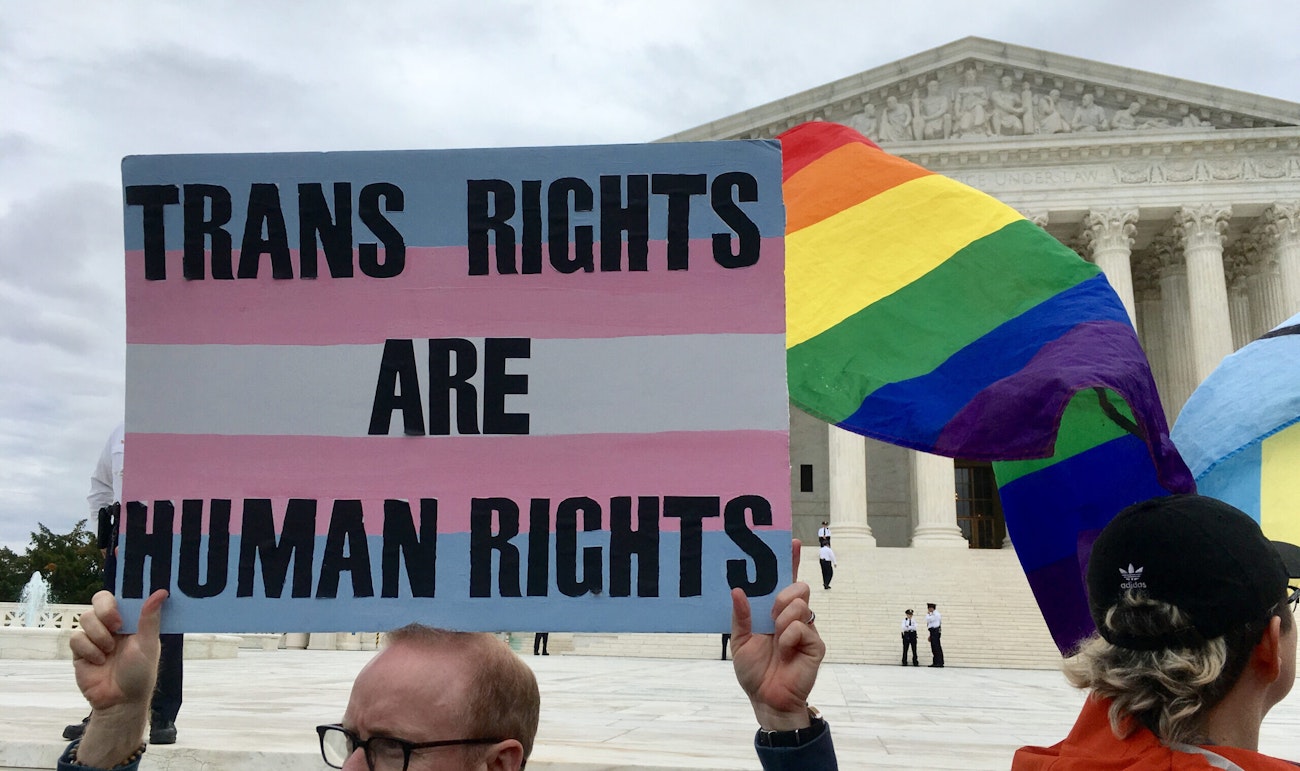Supreme Court justices seldom get an opportunity to fix a botched decision. But as the Court takes up a Tennessee transgender case, Associate Justice Neil Gorsuch has that chance.
His fumble came four years ago, when the Court declared in Bostock v. Clayton County that Title VII of the Civil Rights Act of 1964, the federal law that forbids sex discrimination in employment, also bans employment discrimination based on transgender status.
Critics have charged that Gorsuch, an avid textualist and the author of the majority opinion, botched his “textual” analysis in that case.
But this is a mischaracterization. Instead, Gorsuch botched both the textual analysis and the philosophical analysis. While we agree with Associate Justice Samuel Alito, who wrote in his dissenting opinion that Gorsuch’s opinion was like a “pirate ship … sail[ing] under a textualist flag,” perhaps the bigger problem with that opinion is that Gorsuch and the justices who joined his opinion wrongly concluded that transgender status and sex are “inextricably” linked.
Since then, gender ideologues, activists, and the Biden-Harris administration have weaponized the Court’s holding to force women to share intimate spaces with biological males who identify as women; to force women to compete against those biological males in athletic competition; to compel health insurance plans to pay for gender transition treatments and surgeries; to mandate “preferred pronoun” usage; and to pursue a laundry list of other policies forcing everyday Americans to bend the knee to the new orthodoxy of gender ideology.
Even a textualist must sometimes answer philosophical questions, and when those answers are wrong, there are often profound societal consequences. Americans have painfully discovered that in the wake of Bostock.
So, what did Justice Gorsuch, the textualist, get wrong? After all, at no point did he conclude that sex and gender identity were the same thing. Here’s what happened. […]
— Read More: www.theamericanconservative.com
What Would You Do If Pharmacies Couldn’t Provide You With Crucial Medications or Antibiotics?
The medication supply chain from China and India is more fragile than ever since Covid. The US is not equipped to handle our pharmaceutical needs. We’ve already seen shortages with antibiotics and other medications in recent months and pharmaceutical challenges are becoming more frequent today.
Our partners at Jase Medical offer a simple solution for Americans to be prepared in case things go south. Their “Jase Case” gives Americans emergency antibiotics they can store away while their “Jase Daily” offers a wide array of prescription drugs to treat the ailments most common to Americans.
They do this through a process that embraces medical freedom. Their secure online form allows board-certified physicians to prescribe the needed drugs. They are then delivered directly to the customer from their pharmacy network. The physicians are available to answer treatment related questions.


